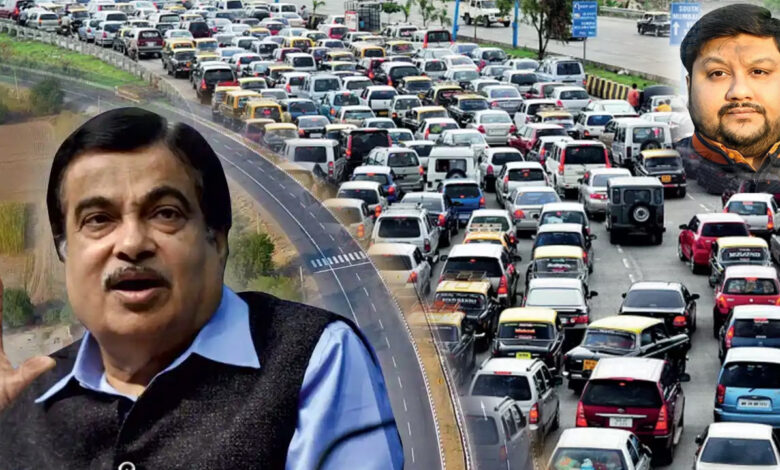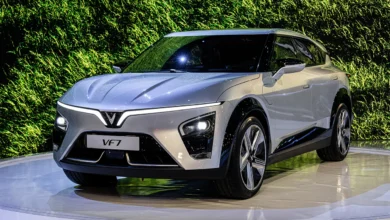
Sunny Shah, the founder of the International Human Rights Council (IHRC), has addressed a letter to India’s Transport Minister, Shri Nitin Gadkari, calling for a crucial amendment to the Motor Vehicles Act. In his letter, Shah advocates for the legal use of private vehicles as commercial vehicles, a move he believes could significantly benefit the economy and provide much-needed flexibility in the transportation sector.
In this, Mr. Sunny Shah drew the attention of the minister to Goa and wrote that currently, in many tourist destinations across the country like Goa, private vehicles are being used for car rental business. This model has proven beneficial for both the local economy and vehicle owners. By expanding this provision across the country, we can help many more citizens increase their income, especially in areas where tourism is a major economic driver.
He further wrote, Additionally, this policy change can create many driving jobs, which will contribute to employment generation in the country. By allowing private vehicles to operate as commercial vehicles, we can enable more people to set up new businesses, hire drivers and create employment opportunities, further boosting the economy.
Shah’s proposal comes at a time when economic challenges are putting pressure on both individuals and businesses. He argues that allowing private vehicles to operate commercially could open up new opportunities for income generation, particularly for those who own private vehicles but struggle to find consistent work. This change could be especially beneficial in rural and semi-urban areas, where public transportation options are often limited.
The current regulations, which restrict the use of private vehicles for commercial purposes, are seen by Shah as a barrier to economic growth and mobility. He points out that many countries have successfully implemented similar policies, which have led to increased economic activity and improved transportation efficiency. Shah believes that by amending the Motor Vehicles Act, India could unlock similar benefits, including job creation, reduced transportation costs, and greater access to essential services.
In his letter, Shah also addresses concerns about safety and regulation. He suggests that the government could implement stringent safety standards and monitoring mechanisms to ensure that private vehicles used commercially meet all necessary requirements. Additionally, Shah proposes a licensing framework specifically for individuals who wish to convert their private vehicles for commercial use, ensuring that only qualified and responsible drivers are allowed to participate in this new system.
Shah’s appeal to Shri Nitin Gadkari is rooted in the broader goal of promoting economic inclusivity and flexibility. He argues that the amendment could empower individuals to take control of their economic futures, while also providing a boost to the country’s transportation infrastructure. By allowing private vehicles to be used commercially, Shah believes that India can better adapt to the evolving needs of its citizens and the demands of a modern economy.
The letter also highlights the potential environmental benefits of this policy change. Shah suggests that by optimizing the use of existing private vehicles, the government could reduce the overall demand for new vehicles, leading to lower emissions and a smaller carbon footprint. This aligns with the global push towards more sustainable and efficient transportation solutions.
In conclusion, Sunny Shah’s letter to Shri Nitin Gadkari represents a forward-thinking approach to economic and transportation policy. His call to amend the Motor Vehicles Act reflects the IHRC’s commitment to advocating for policies that enhance economic opportunities while ensuring safety and sustainability. The proposed changes could pave the way for a more dynamic and inclusive transportation system in India, benefiting both individuals and the broader economy.





